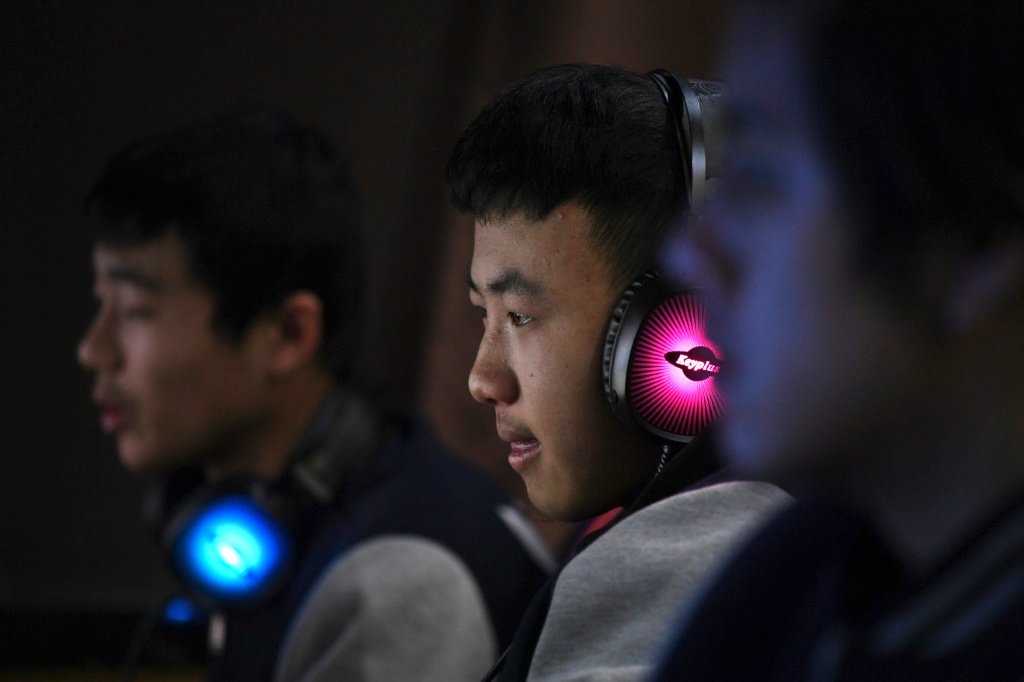Using data while watching videos could boost your memory

Chinese regulators have scrambled to keep up with the country’s voracious appetite for video games, which have been blamed for social ills including online addiction – © AFP/File Mohd RASFAN
Watching mindless videos on YouTube is not the gateway to enhancing learning, yet a new study shows that engaging multiple senses can significantly enhance memory retention, and this includes an element of video streaming.
According to Nathan Mercer, Connectivity Solutions Expert at Truely Travel eSIM, there is research available that indicates using mobile data while watching videos can improve memory functions. Delving into multimedia learning techniques, this novel approach integrates sensory engagement with the convenience of digital data.
The basis of the underpinning theory is that streaming videos relies on an interactive and ever-evolving data exchange, which keeps the brain more alert and engaged. When viewers watch videos through mobile data, the constant flux in network parameters stimulates cognitive functions, promoting better memory retention.
Mercer elaborates, in a statement sent to Digital Journal: “When using mobile data, the brain is not only processing visual and auditory information but also subconsciously adapting to micro-lags and data interruptions, which conditions it for heightened focus and information retention.”
Watching videos through mobile data inadvertently introduces minor distractions, necessitating increased cognitive load. It is hypothesised these distractions can condition the brain to work harder to retain information, thereby improving memory functions. The brain becomes more efficient in filtering out unnecessary distractions while honing its ability to grasp and store critical data.
Mobile data often provides a more interactive video streaming experience. Platforms that use adaptive bitrate streaming adjust video quality based on network speed, ensuring seamless content delivery. This dynamic environment engages the brain more thoroughly than static media, requiring it to reframe and process content fluidly.
Furthermore, this kind of active engagement could possibly lead to better encoding and recall of information.
Utilising mobile data allows real-time updates and content synchronization, fostering an immersive learning experience. The neuroscientific principle of “distributed practice“ supports the idea that frequent, short bursts of learning are more effective than prolonged study sessions.
Consequently, increased memory retention significantly could enhance productivity. Additionally, quicker access to retained information facilitates better decision-making, encourages innovative thinking, and leads to rapid problem-solving.
Using data while watching videos could boost your memory
#data #watching #videos #boost #memory





